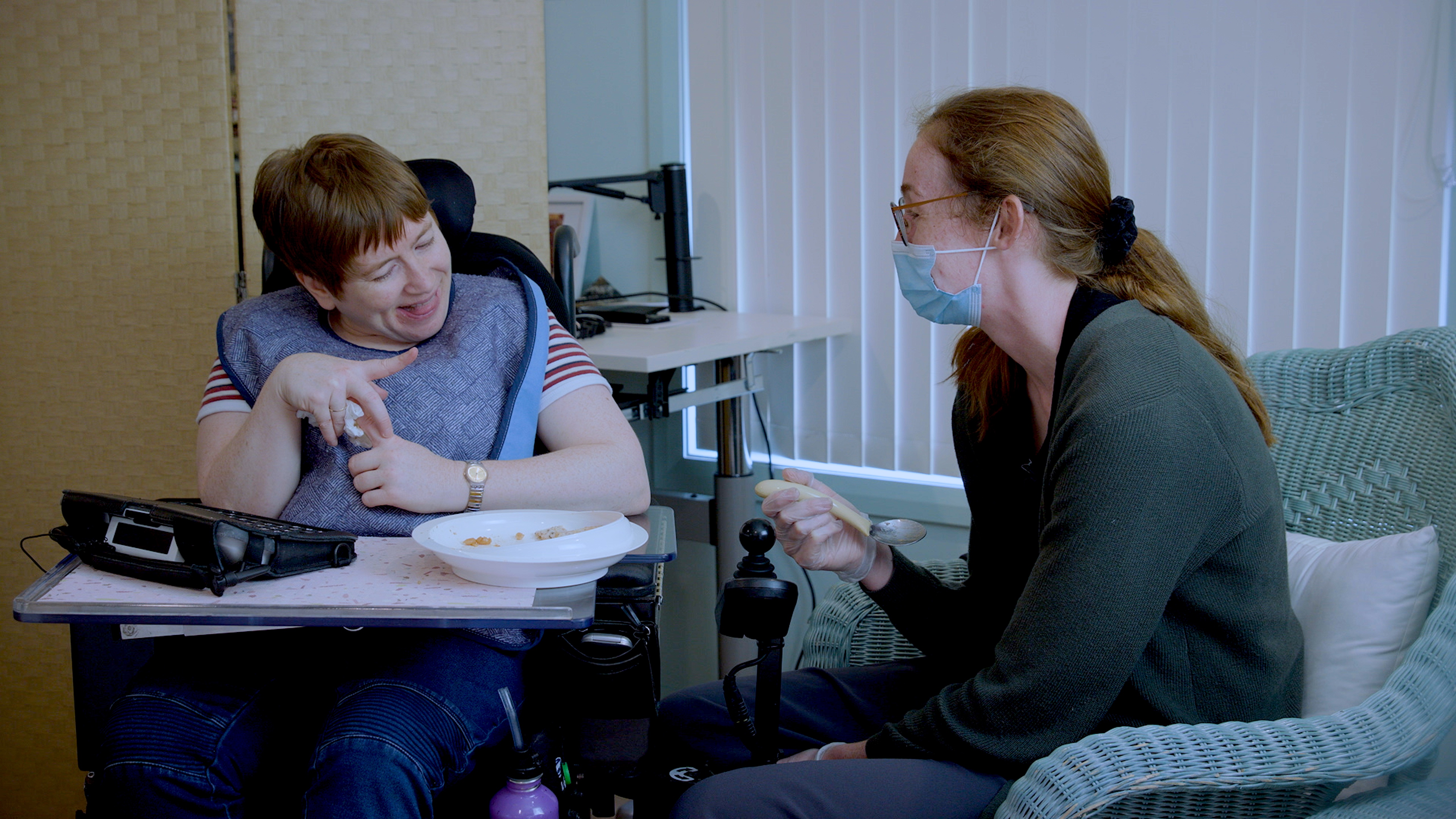This short course will run over 4 weeks, taking about 5–6 hours of your time in total. It is self-paced for the first two weeks, so you can access the content when it suits you.
The following content will be covered during the course:
1. Understanding deliberation
- What deliberation is and is not
- What differentiates debate, dialogue and deliberation
- How deliberative citizens engagement differs from traditional participation models
- The value of deliberative processes.
2. The deliberative process in practice
- The key elements of the deliberative democracy process
- Additional (optional) elements
- Types of deliberative processes.
3. Designing a deliberative process
- Choices in the design stage
- Essential phases of a deliberative process.
4. Case studies
- Examples of real-world deliberative processes and lessons learned
- The latest innovations in deliberative democracy from around the world.
The course culminates with a live webinar panel discussion, where political leaders and experts will share their experiences and answer your questions about choosing, designing and delivering deliberative democracy processes.














